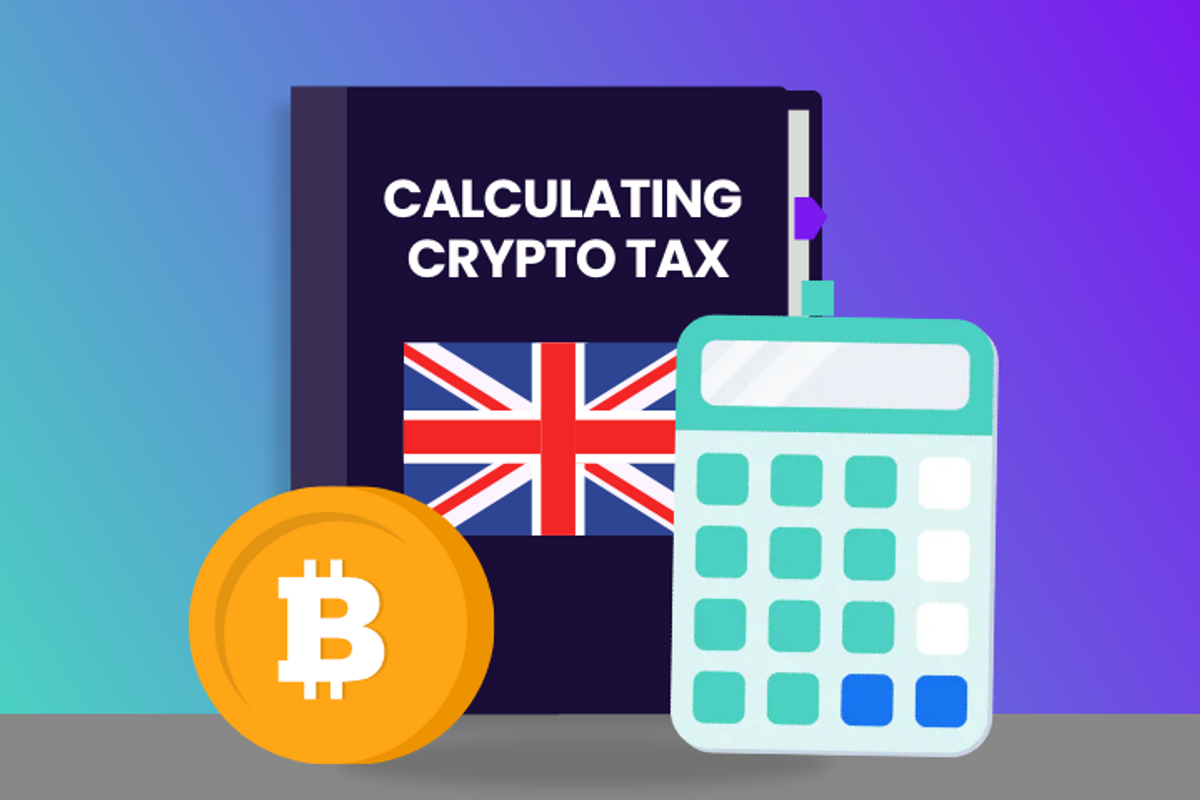
Transferring crypto between your own accounts and wallets isn’t taxable, however there are some more complex issues that you need to consider when calculating and reporting your crypto taxes like adding/removing liquidity, transfers between different blockchains, and how to account for transfer fees.
In the article below we explore when transferring crypto may be taxable, how crypto transfer fees work from a tax perspective; how crypto transactions are taxed and the importance of record keeping for crypto transfers.
Do you get taxed for transferring crypto between your own wallets?
You don’t get taxed for transferring crypto if you are moving crypto between your own wallets and accounts, because the ownership has not changed, although you may be liable for tax on transfer fees.
Transferring crypto between wallets that you own is not a disposal and therefore you will not be subject to tax. It is important to keep a record of transfers in case they are ever wrongly assumed as disposals by HMRC. Taxable disposals include selling your crypto for fiat, trading one cryptoasset for another, making a purchase with crypto and gifting crypto (except to your spouse or registered charity.) These transactions, where you realise a capital gain or loss depending on how the price of your crypto changes from when you originally acquired it, need to be included in your capital gains calculations for the tax year.
What happens to the cost basis of your crypto when you transfer it into another wallet?
When you transfer your crypto between wallets, you also transfer your original cost basis. It is crucial to keep a record of all crypto transfers because this original acquisition cost and date are needed to accurately calculate the capital gain or loss when you do eventually dispose of the asset. When you make a transfer the new wallet does not have sight of the cost basis or date of acquisition because it happened elsewhere. This is why crypto tax calculators, which have insight on all your connected accounts and wallets, are really useful. When you make a taxable disposal the crypto tax calculator can trace the original acquisition of that asset to accurately calculate the gain/loss.
To learn more about how cryptocurrency is taxed, check out our detailed UK cryptocurrency tax guide. Or, to quickly estimate how much you owe, you can get started with our online crypto tax calculator tool for free.
What are crypto transfer fees?
When transferring your crypto, some platforms charge a transfer fee. Crypto transfer fees are the costs you pay when sending or receiving digital currencies, they help ensure secure and speedy transactions while rewarding those who maintain the blockchain network. When making transfers between your own wallets, there are generally minimal or no fees, however, it's essential to be aware of the tax consequences.
Are crypto transfer fees taxable?
Normally, transfer fees are paid in crypto. Because making a purchase with crypto is a taxable disposable you will be liable for capital gains tax on the fee. Occasionally, a transfer fee is paid in fiat currency, when this is the case, the fee is tax free.
Are crypto transfer fees tax deductible?
HMRC are clear that transfer fees are not an allowable cost, therefore, in the UK crypto transfer fees are not tax deductible.
Do you pay tax on crypto-to-crypto transactions?
It's important to distinguish between transferring your cryptocurrency between wallets and engaging in crypto-to-crypto transactions, where one cryptocurrency is exchanged for another. Unlike crypto transfers, crypto-to-crypto transactions are a disposal and are therefore subject to capital gains tax.
Occasionally, when transferring crypto to another wallet the asset is converted, this would constitute a crypto-to-crypto trade and would generate a taxable event. Bridging is an example of this, below we explore bridging in more detail.
Does tax apply when bridging in crypto?
What is bridging?
In crypto, bridging connects two distinct blockchain networks that may operate on different protocols or have varying functionalities, allowing the movement of assets from one blockchain to another. The bridging mechanism is particularly valuable in decentralised finance (DeFi), as it allows users to access and use assets across various blockchains, unlocking liquidity and enabling a wider range of financial services and opportunities.
When does tax apply to bridging?
Sometimes, when bridging, the transfer of one asset from one blockchain to another blockchain results in a change of asset. When this happens it is classed as a crypto-to-crypto transaction which is a taxable disposal subject to capital gains tax.
For example, you might bridge Ethereum-based tokens (like ERC-20) to Binance Smart Chain (BSC) converting them into BEP-20 tokens; the disposal of ERC-20 would need to be included in your capital gains tax calculation.
How does crypto tax work when adding or removing liquidity?
It’s important to consider the tax implications when engaging with liquidity pools in DeFi. Although, when you add tokens to a pool it feels like you are transferring your cryptoasset, because you receive a liquidity pool token in exchange for your crypto it is actually viewed as a disposal for tax purposes and should be treated for capital gains.
For more information on the taxation of DeFi take a look at our comprehensive DeFi tax guide.
How Recap can help
Recap makes crypto tax reporting simple and with end-to-end encryption, all of your crypto data remains private. Simply connect your crypto accounts and wallets or upload transaction data via CSV and we apply the correct tax treatment to your activity and generate a tax report.
Our crypto tax calculator recognises all deposits and withdrawals as transfers between your own accounts, there is therefore no change in beneficial owner and so no tax is applied.
If you want to effortlessly track your crypto assets all in one place, start your journey with Recap and sign up today.



